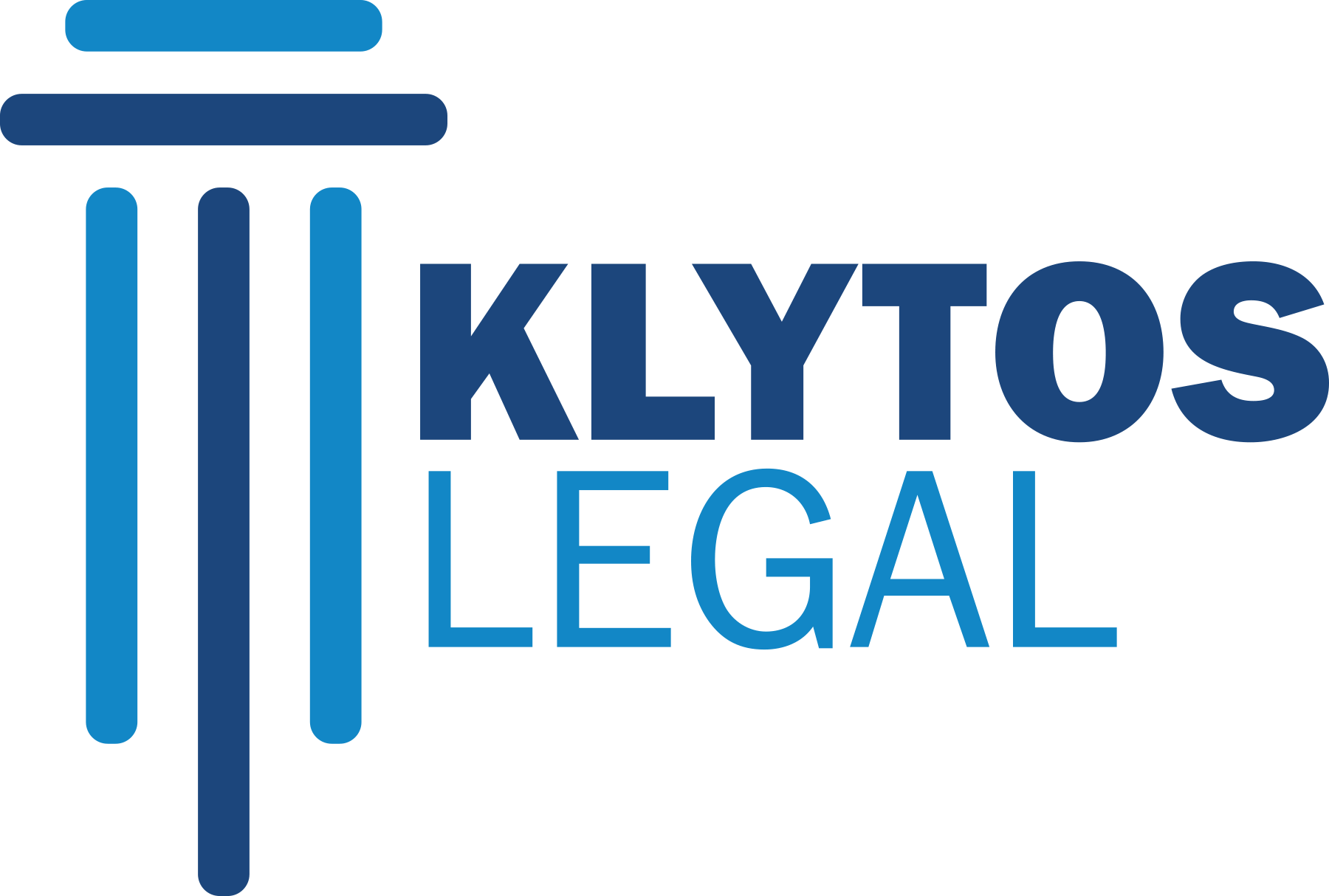
Background of the Case
The case involved M/s. Recon Steel & Power Pvt. Ltd., who faced charges of clandestine removal of goods. The Revenue’s case was based mainly on documents and statements from third parties, without any direct evidence from the appellant’s own records or premises. The Tribunal found the third-party evidence unreliable and noted the absence of physical proof like proper weighment. As a result, CESTAT ruled that without corroborative evidence, charges of clandestine removal cannot be sustained and quashed the penalties imposed.
Key Judicial Observations and Tribunal’s Reasoning
In M/s Shri Parasnath Alloys Pvt. Ltd. v. Additional Director General (Adjudication) [Excise Appeal No. 50759/2022, decided on 08.05.2025], the CESTAT Delhi set aside the duty demand and penalties imposed on the appellant, holding that allegations of clandestine removal must be backed by direct and corroborative evidence, which was absent in this case.
The Revenue had relied on printouts and electronic data seized from the premises of another company, M/s Trikoot Iron & Steel Casting Ltd., along with retracted statements, to raise the demand. However, the Tribunal ruled that third-party documents and uncorroborated statements, especially when not examined in terms of Section 9D of the Central Excise Act, are inadmissible to establish a serious charge like clandestine removal. It reiterated that evidence must form a complete and conclusive chain, failing which the presumption of guilt cannot be sustained.
This judgment reinforces a key tenet of adjudication— mere suspicion or circumstantial inference cannot substitute strict evidentiary standards in fiscal enforcement. For allegations as grave as clandestine manufacturing or removal, evidence must originate from the noticee’s premises or actions, not third-party records.


Leave a Reply